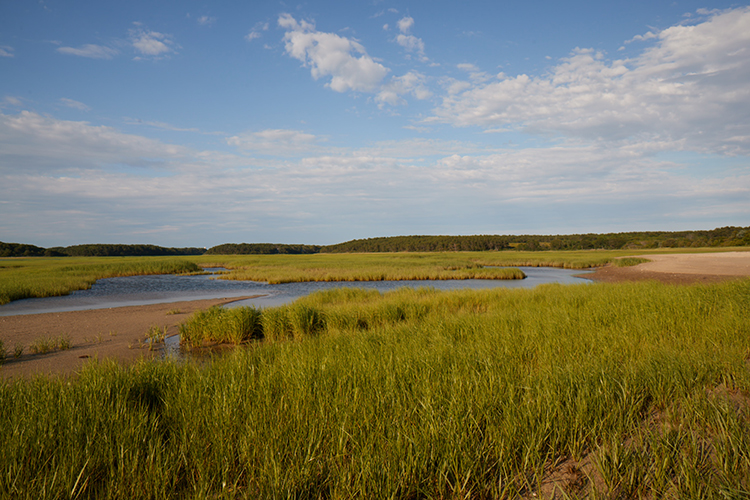A new special report from the Intergovernmental Panel on Climate Change (IPCC) is waving a red flag on the effects of climate change. This report, written by over 90 scientists from 40 countries, warns that we need to make large-scale and rapid changes.

Scientists say we must limit average global temperature rise to no more than 1.5°C (2.7°F). This temperature increase is considered the “tipping point” for many of the most severe threats posed by climate change. It is also an ambitious target given our current rising temperatures.
So far, average global temperatures have warmed about 1°C (1.8°F) since pre-industrial times (the second half of the 19th Century). According to the IPCC, without accelerated action, the planet will reach the 1.5°C threshold as early as 2030. This temperature increase would escalate the risk of extreme drought, floods, wildfires, and food shortages, impacting tens of millions of people.
Small Change, Big Impact
While half a degree difference might not sound like much, that shift will have devastating effects on our plants and animals, coral reefs, Arctic summer sea ice, and water availability. Every bit of warming matters, with higher temperature changes leading to increased risk of long-lasting or irreversible changes.
The warning is clear, but we still have a chance to put into place the “disruptive innovation” needed to change course if we act now.
You Can Be Part of the Solution
Global climate change must be addressed through both effective state and federal policy and our own individual actions. By reducing our reliance on fossil fuels and switching to clean, renewable energy sources, we can mitigate the worst effects of climate change before it is too late.
Our personal choices in areas like home energy use, travel methods, altering our diet to be less reliant on land- and energy-intensive animal products, and developing smart, green infrastructure throughout our communities can all contribute to a global shift in the right direction.
Here are a few ways you can make a difference:
- Get some tips on how to reduce your impact.
- Tell the White House that failing to take action on climate change is unacceptable.
- Urge your federal representative and senators to speak up for stronger climate policies.
- Learn how your community can participate in the state Municipal Vulnerability Preparedness (MVP) grant program.
There will also be an opportunity soon to oppose recent federal proposals to weaken emissions standards for methane—we’ll keep you posted!
— Alexandra Vecchio, Mass Audubon’s Climate Change Program Coordinator

